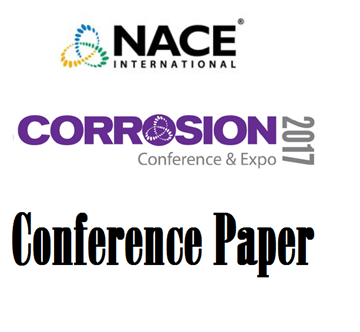Search
10050 Optimization of Cooling Water System Passivation of Brass Alloys in Petrochemical Facilities
Also Purchased
51313-02255-Optimization of Passivation and Cooling Water Treatment of Brass Alloys in Petrochemical Facilities
Product Number:
51313-02255-SG
ISBN:
02255 2013 CP
Publication Date:
2013
$20.00
Failures of Brass Components in Water and Steam Systems
Product Number:
51317--9123-SG
ISBN:
9123 2017 CP
Publication Date:
2017
$20.00
96263 ENVIRONMENTAL ASSISTED CRACKING OF BRASS VALVES IN POTABLE WATER SERVICE
Product Number:
51300-96263-SG
ISBN:
96263 1996 CP
$20.00




